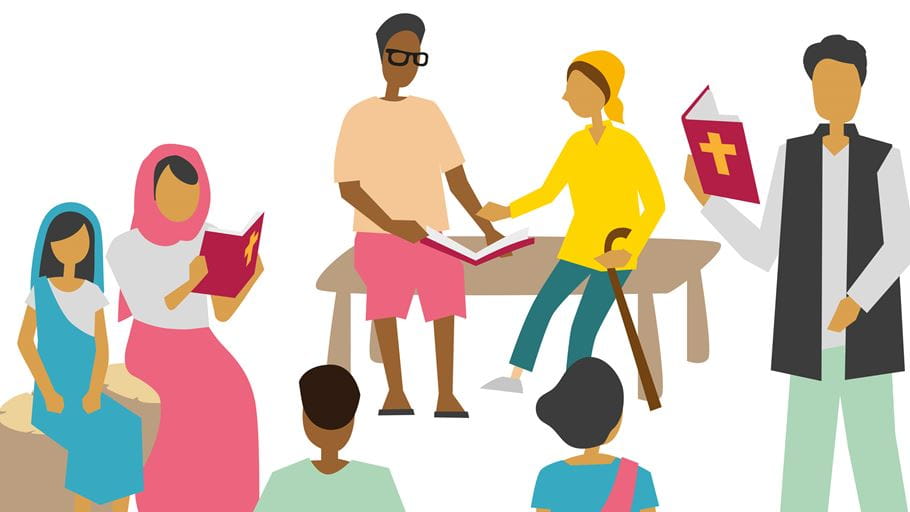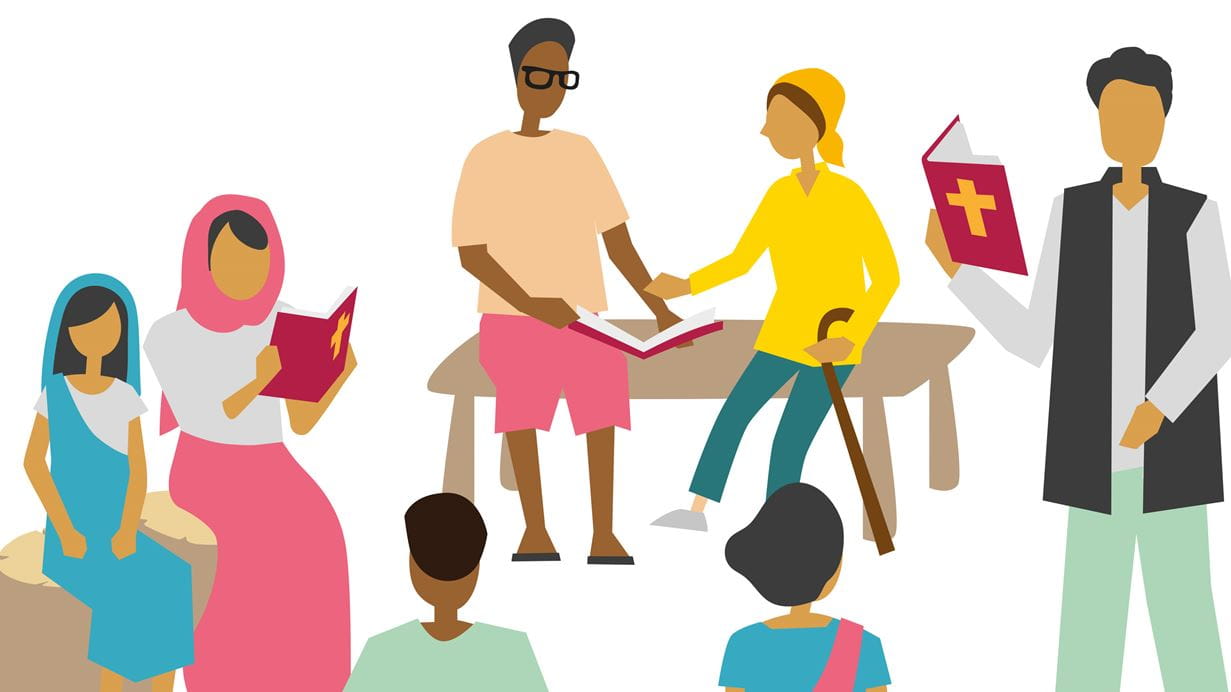Fear and anxiety about any disease can be overwhelming and cause strong emotional reactions. This is particularly the case when the disease is highly infectious and has the potential to cause significant loss of life.
The fact that the virus that causes Covid-19 cannot be seen often increases the level of fear, especially because the disease is new and still not fully understood. In addition, measures put in place to reduce the spread of the disease, such as requiring people to stay at home, can cause financial hardship, loneliness and family conflict.
Over time, many people have become physically and emotionally exhausted because of the multiple pressures associated with the disease. This can result in difficulties with sleeping, lack of concentration or the adoption of unhealthy practices such as the use of alcohol or drugs.
Coping strategies
Positive coping strategies can help us to manage our stress levels. These can be divided into spiritual, physical, mental and emotional.
Spiritual
Having a sense of meaning, hope and trust in God can help us to cope with difficult circumstances. Spiritual disciplines such as prayer, forgiveness and Bible study enhance wellbeing. Belonging to a church provides both spiritual and social support.
Physical
Maintaining physical health through regular exercise and healthy eating is very important. Drinking too much alcohol or taking drugs can help relieve stress in the short term, but in the longer term they will make the situation worse.
The best way to develop healthy habits is to set small, easily achievable goals. For example, taking a short walk each day. Every success results in feelings of achievement, increasing our resolve to make bigger changes next time.
Mental
When normal routines are no longer possible, it is important to create new ones. These may include exercise, prayer and specific times for resting, eating and sleeping. These routines can be flexible, but it is good to maintain a sense of daily and weekly rhythm, without trying to do too much.
During a time of national or international crisis it is good to be informed, but too much news can be overwhelming. False or misleading information may also be circulating, particularly on social media.
Depending on the circumstances, it may be better to access a trusted source of news, just once or twice a day.
Emotional
When we experience a high level of stress we may feel that we are unable to control our emotions and reactions. When this happens it is very important to stop and notice what is going on in our minds and bodies. We can then begin to understand ourselves better, helping us to make wise choices about how best to respond.
Questions to ask
- What am I experiencing (eg anger, sadness, frustration, tension in the body, feelings of worthlessness)?
- Are these familiar experiences? When have they happened before?
- What can I do in response (eg pray, exercise, talk to someone)?
Sometimes we can be reluctant to tell people how we are feeling. But there is something very powerful about talking through a problem and being honest about our vulnerabilities.












